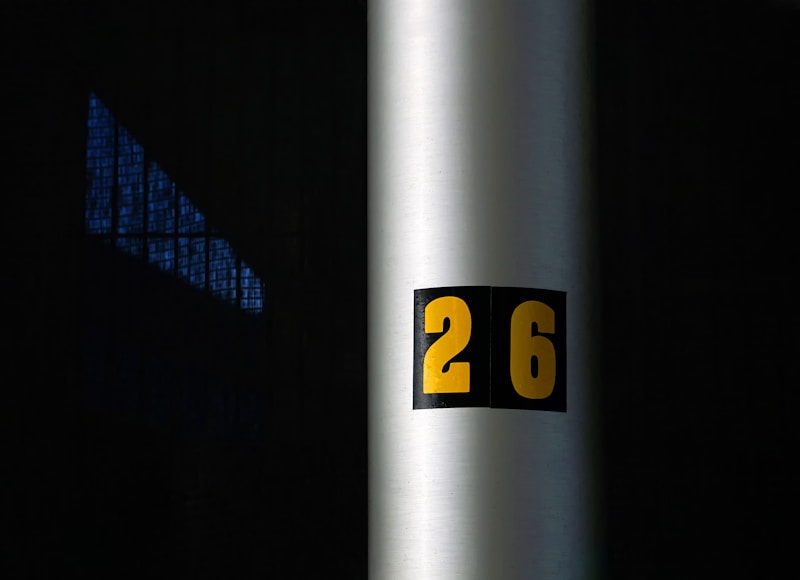Questions and Answers
Which process involves the transfer of heat energy through collisions between neighboring atoms or molecules in solids?
Conduction
What is the main source of Radiogenic Heat as mentioned in the text?
Radioactivity
What type of fault is formed by the downward displacement of a fault-bounded block?
Normal fault
What type of rock deformation involves fracturing of an object once its strength is exceeded?
Signup and view all the answers
Which type of fold results in a bent rock layer that was originally horizontal and subsequently deformed due to compression forces?
Signup and view all the answers
What is the main factor that determines the viscosity of magma?
Signup and view all the answers
Which type of magma is characterized by a higher silica content and greater viscosity?
Signup and view all the answers
What is the principal gas dissolved in magma, accounting for more than 98 percent of all gases emitted from volcanoes?
Signup and view all the answers
Which type of lava is associated with high viscosity and rough texture?
Signup and view all the answers
What factor causes magma to rise toward the Earth's surface?
Signup and view all the answers
What is the main source of Radiogenic Heat as mentioned in the text?
Signup and view all the answers
Which process involves the transfer of heat energy through collisions between neighboring atoms or molecules in solids?
Signup and view all the answers
What type of fold results in a bent rock layer that was originally horizontal and subsequently deformed due to compression forces?
Signup and view all the answers
Which type of fault is formed by the downward displacement of a fault-bounded block?
Signup and view all the answers
What factor causes magma to rise toward the Earth's surface?
Signup and view all the answers
What is the dominant element in the composition of magma?
Signup and view all the answers
What is the principal gas dissolved in magma, accounting for more than 98 percent of all gases emitted from volcanoes?
Signup and view all the answers
Which type of magma is more viscous, leading to the formation of smooth lava?
Signup and view all the answers
What factor determines the viscosity of magma?
Signup and view all the answers
Which element controls the composition of magma due to its abundance in the Earth?
Signup and view all the answers
Study Notes
Heat Transfer and Geology
- Conduction involves the transfer of heat energy through collisions between neighboring atoms or molecules in solids.
- Radiogenic Heat originates chiefly from the radioactive decay of isotopes within the Earth’s interior.
Faults and Deformation
- Normal Faults are formed by the downward displacement of a fault-bounded block.
- Fracturing in geology occurs when an object exceeds its strength, leading to rock deformation through breakage.
Folds and Rock Structures
- Anticlines result in a bent rock layer that was initially horizontal and is deformed due to compressive forces.
Magma Characteristics
- Viscosity of magma is primarily determined by its silica content.
- Felsic Magma is characterized by a higher silica content and greater viscosity, making it more resistant to flow.
Volcanic Gases and Lava Types
- The principal gas dissolved in magma is water vapor, accounting for more than 98 percent of all gases emitted from volcanoes.
- Andesitic Lava is associated with high viscosity and a rough texture.
Magma Dynamics
- Buoyancy or gas accumulation causes magma to rise toward the Earth's surface.
- Silicon is the dominant element in the composition of magma and significantly influences its properties.
Other Key Factors
- Magma viscosity also influences the formation of smooth lava types.
- The composition of magma is heavily controlled by the abundance of elements, especially silicon and oxygen.
Studying That Suits You
Use AI to generate personalized quizzes and flashcards to suit your learning preferences.
Description
Explore the composition, temperature, and characteristics of magma beneath Earth's surface. Learn about the gases dissolved in magma and how its viscosity is determined by the most abundant elements in the Earth. Understand the three distinct types of magma compositions.




